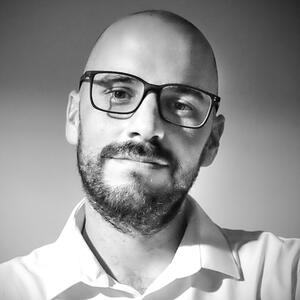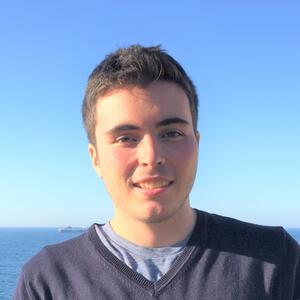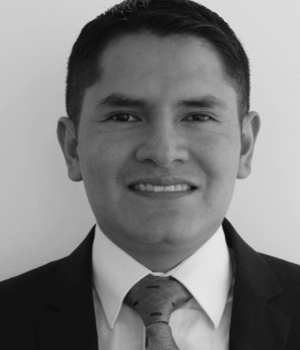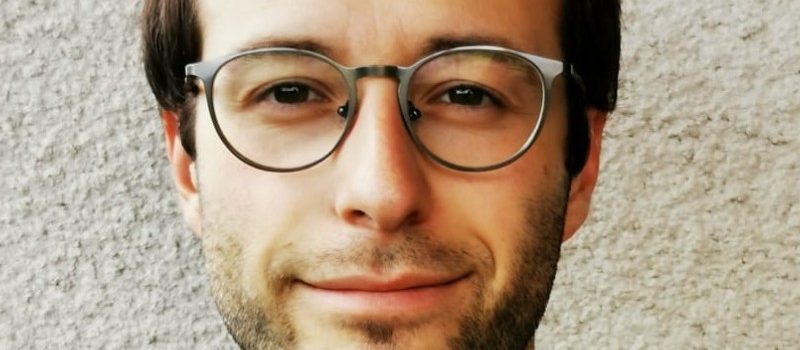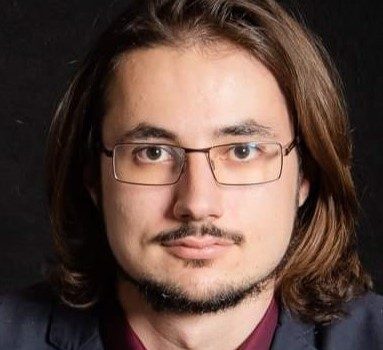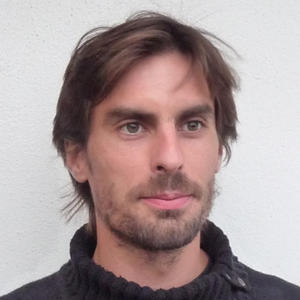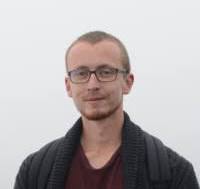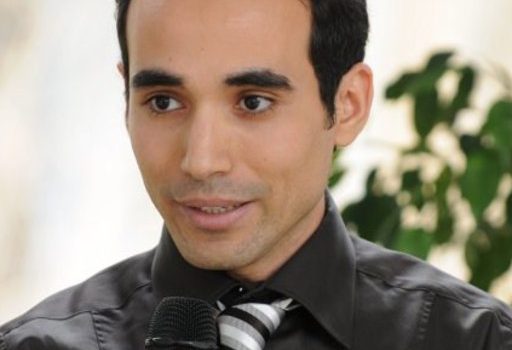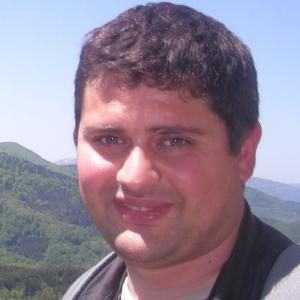
When
Monday 30 June at 10:00 am
Where
AE1 amphitheater, Gustave Ferrié building, 8 rue de la Physique, F-69621 Villeurbanne
https://insa-lyon-fr.zoom.us/j/95728542338
Title
Design of radio front-end architectures to meet low energy consumption or resource sharing objectives
Abstract
The contributions presented are structured around four main research areas :
i) the energy consumption of connected devices, with the proposal of asynchronous wake-up radio solutions;
ii) the harvesting of ambient electromagnetic energy;
iii) the design of UHF RFID tags that are robust to elongation or integrate sensing capabilities (humidity/temperature), and on the other hand, studies on the tag-to-tag communication concept;
iv) the reduction of the dynamic range of input signals of analog-to-digital converters, as well as the joint implementation of spatial modulation and a full-duplex mode.
Depending on the addressed topic, the studies presented in this manuscript include theoretical, simulation, experimental, and real-world testing, with particular attention to the non-idealities of the radio front-end building
blocks and their impact on performance.
Based on the acquired expertise and the collaborations conducted at the national and international levels in various contexts, the final section identifies several new research directions that are being considered.
Jury
Prof. Daniela DRAGOMIRESCU INSA Toulouse ; reviewer
Prof. Ioannis KRIKIDIS Université de Chypre ; reviewer
Prof. Smail TEDJINI Université Grenoble-Alpes, Grenoble INP; reviewer
Prof. Yvan DUROC Université Claude Bernard Lyon 1 ; examiner
Prof. Bruno ALLARD INSA Lyon ; examiner
Prof. Guillaume VILLEMAUD INSA Lyon ; examiner


